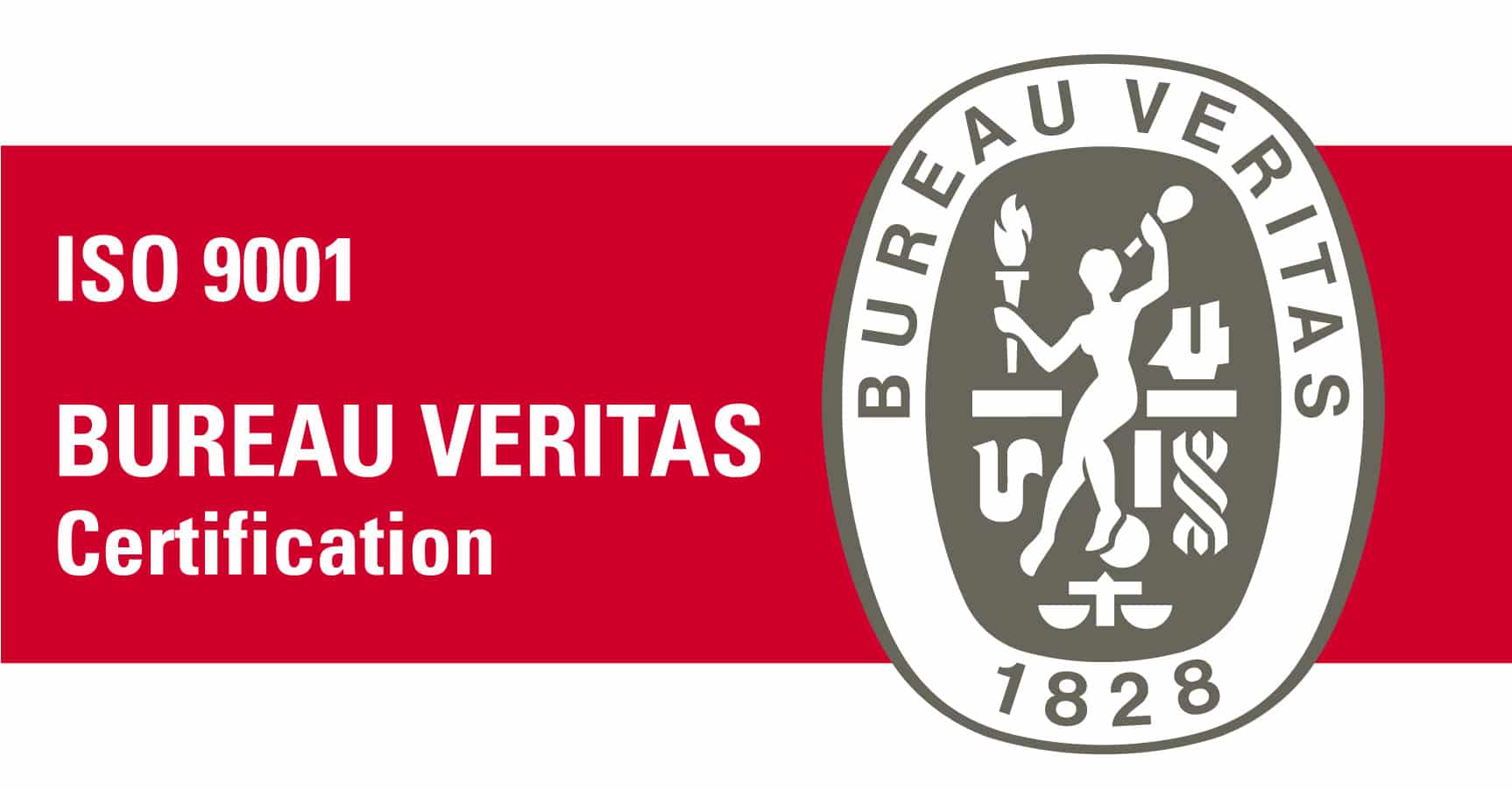OTMB Class 1 .078″ Diameter Spring Wire on Reels – Deal of the Month! Gibbs Interwire is offering 20,000 lbs of prime inventory, OTMB Class 1, .078″ diameter on reels, for $.75 per lb. This prime material is offered FOB South Bend, Indiana. Minimum buy is 10,000 lbs. Certifications and mill source available. For More… [Read More]
carbon steel
Carbon Steel Prices Expected To Rise Soon
Carbon Steel Wire Prices to Rise Soon Due to Factors Related to Increased Costs By: John Mintun There are very significant price increases coming for carbon wire products. Over the past few months our rod mills have experienced a number of increases in their costs that have become too burdensome to absorb and, as a… [Read More]










